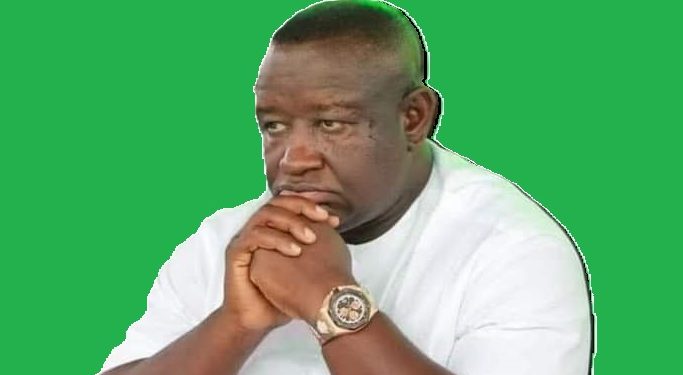By Hassan Osman Kargbo
Seven years ago, the Sierra Leone People’s Party (SLPP) under the leadership of President Julius Maada Bio came to power with promises of transformation, economic renewal, and democratic reforms. Expectations were high, especially among citizens who hoped the new administration would tackle poverty, strengthen governance, and improve living standards. However, after seven years, many Sierra Leoneans argue that the reality on the ground has fallen short of those promises.
This Bio period has been marked by persistent economic challenges, rising poverty, increasing social problems, and concerns over democratic freedoms. While the government has taken some steps in certain areas, critics believe that its overall record has left Sierra Leone struggling with deeper crises than before.
The economy has been one of the greatest sources of frustration for ordinary Sierra Leoneans. Prices of essential commodities such as rice, cooking oil, and fuel have risen sharply, making life difficult for families across the country. Inflation continues to reduce the purchasing power of citizens, and wages remain inadequate to cover basic needs.
Small businesses, which form the backbone of Sierra Leone’s informal economy, have also been badly affected. Many struggle to survive amidst unstable market conditions and rising operational costs. For the average Sierra Leonean, the past seven years has been characterized by declining living standards and limited opportunities for growth.
Also, another area of concern is the state of democracy and governance. Civil society organizations and opposition parties have often raised alarm over restrictions on freedom of expression and political participation. Journalists have reported intimidation, and critics argue that democratic space has shrunk during this administration.
The government, on the other hand, has frequently defended its record, pointing to reforms in education and infrastructure. Yet the perception among many citizens is that political freedoms and accountability mechanisms remain weak. For a country that has struggled to consolidate peace and democracy after a brutal civil war, these concerns are especially significant.
Furthermore, the rise of drug abuse, particularly the spread of the substance known as Kush, has emerged as one of the most pressing social challenges in recent years. Thousands of young people across the country have been affected, with many losing their lives or suffering long-term health consequences.
The impact of drug abuse has gone beyond individuals, affecting communities, increasing crime rates, and undermining social stability. Critics argue that the government has not done enough to address this crisis, citing limited rehabilitation programs and weak enforcement against drug trafficking. As a result, many young people remain vulnerable, caught between unemployment, poverty, and substance
Supporters of the SLPP often highlight the administration’s efforts in education, digital governance, and infrastructure development. However, critics say these achievements have not translated into tangible improvements for the majority of citizens. The gap between political rhetoric and the lived experiences of Sierra Leoneans remains wide.
This disconnect is further deepened by the government’s tendency to highlight successes while downplaying challenges. For many citizens, this self-praise appears out of touch with their daily struggles, fuelling frustration and disillusionment.
After seven years, the SLPP government’s legacy is being defined as much by its shortcomings as by its initiatives. Sierra Leone remains a country with immense potential, but one weighed down by poverty, unemployment, social instability, and governance concerns.
Moving forward, the administration and any government that follows—will need to address these issues with urgency. This requires not only economic reforms that ease the cost of living but also stronger investments in job creation, youth empowerment, and drug rehabilitation. Equally important is the need to protect democratic freedoms, foster inclusivity, and restore trust between leaders and citizens.
To conclude, seven years of SLPP governance have left Sierra Leoneans divided in their assessment. While some acknowledge steps taken in education and infrastructure, many others point to economic hardship, weakened democratic freedoms, and social crises as defining features of this administration.
Ultimately, the story of the past seven years is one of missed opportunities. Sierra Leone still has the chance to redirect its path towards inclusive development and genuine democratic governance. But to do so, leadership must place the needs of citizens above self-praise and political survival. Only then can the country move beyond the frustrations of today and towards a future of stability and prosperity.













